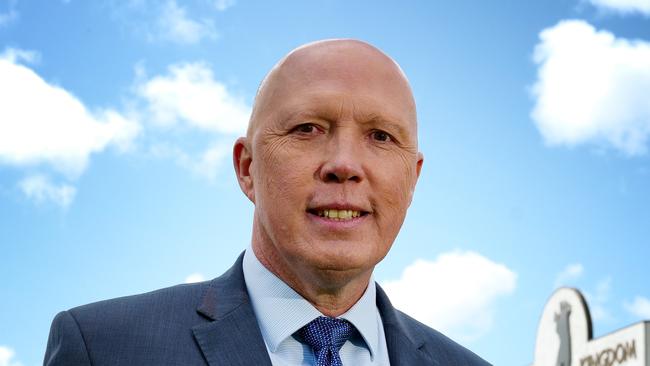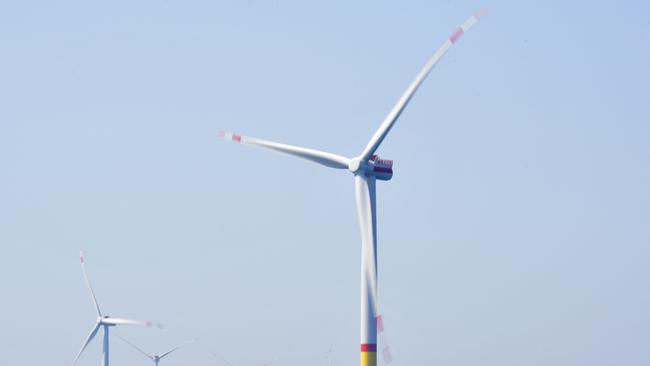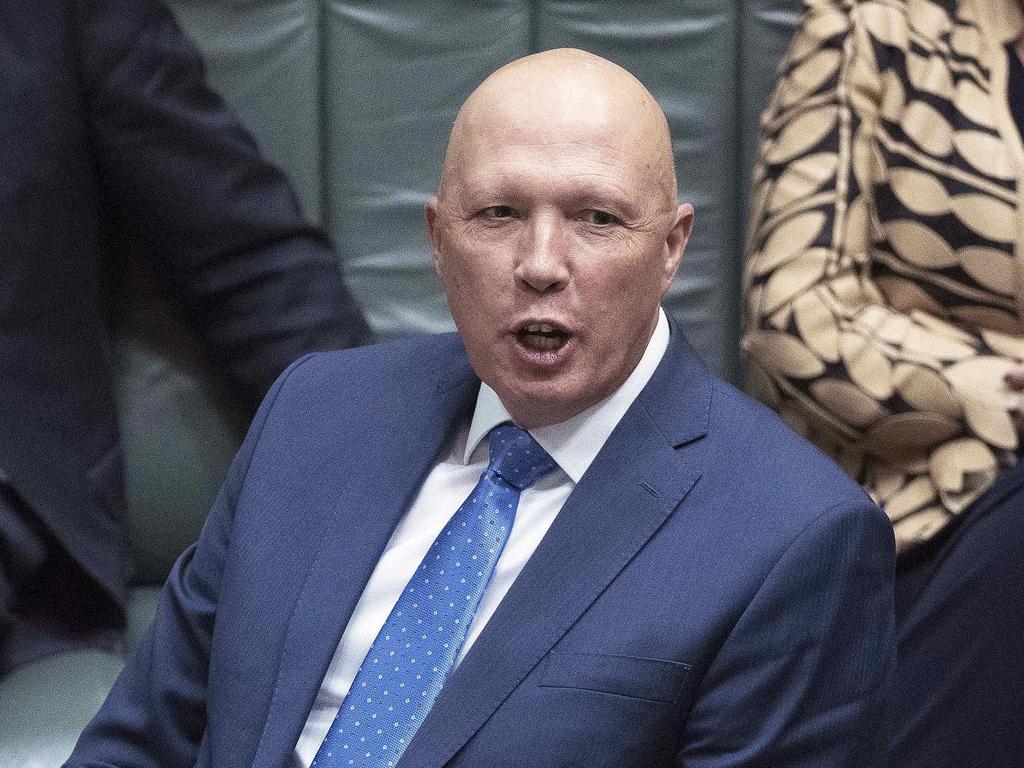
“In Europe we consider Australia … is not really very loyal in implementing the Paris agreement,” van Brempt said. “Australia today is a free rider … it continues to make their products based on fossil fuels.”
What a difference a year makes. Today, the Europeans are on their knees begging for fossilised carbon to get them through winter. In June, imports of Australian thermal coal to northern Europe totalled 1.1 million tonnes, the highest on record, and would have been higher if there was any more to send. Say what you like about Vladimir Putin, but he’s done a great job of exposing European climate hypocrisy. He has destroyed the myth that industrial economies can survive on renewable energy without recourse to coal, gas or nuclear energy.
There is little room for complacency in Australia, where Anthony Albanese’s government is making the same mistake of over-investing in renewables at the expense of baseload power. The Australian Energy Market Operator is content to go along with this charade by producing expert forecasts showing how we can manage without coal. All it will take, apparently, is a nine-fold increase in industrial-scale wind and solar, a five-fold increase in rooftop voltaic panels, a 30-fold increase in electricity storage, a doubling of the capacity of the grid, a tad more gas, and Bob’s your uncle. Which is music to the ears of the renewable energy corporations that have a vested interest in perpetuating the delusion that we can thrive on weather-dependent renewables and storage alone.
A clear majority of Australians aren’t buying it, according to a Compass Poll conducted last week for the Menzies Research Centre. Six out of 10 Australians believe we need a stable source of power to supplement renewable energy. Significantly, however, only 10 per cent believe that baseload should come from coal and only 10 per cent from gas. Nuclear small modular reactors have emerged as the popular favourite to replace coal as our main energy supply. Four out of 10 Australians say they support it, despite its early stage of development and uncertainty over cost. SMRs are preferred by supporters of every party including the Greens. One in three Greens voters supports a transition to SMRs to ensure affordable supply around the clock. The preference for SMRs over coal or gas holds good in every state and territory. Support is exceptionally strong in the ACT.
Support for coal is low even in Queensland. Collinsville, on the edge of the coal-rich Bowen Basin, is set go down in history as the Little Bighorn of coal-fired generation, the place where the Nationals’ Matt Canavan made his last stand at the 2019 election, hoping against hope that an incoming Morrison government would back a proposal for a high-efficiency, low-emission coal-fired generation plant in the area.

On the evidence of this survey, Peter Dutton is on fertile ground in arguing nuclear should be back on the table. The Opposition Leader won’t be rushed to early judgment, however, insisting on a cost-benefit analysis and reassurances that a popular consensus can be built before locking his party in. A policy change as contentious as this one can never be decided by a majority of 50 per cent plus one. A change in the investment landscape requires certainty that the measures won’t be reversed or polarise debate on energy any further.
The greatest obstacles to nuclear are ignorance, dogma and fear that is reinforced in our education system and wilfully encouraged by the renewable energy lobby and its patsies in environmental activism. In his recent book, How the World Really Works, distinguished Canadian scientist Vaclav Smil argues that it is impossible to understand the modern world “without at least a modicum of energy literacy”. The extent of energy illiteracy in Australia is frightening, judging from last week’s Compass Poll.
Some 40 per cent of Australians believe we can transition to an energy system powered entirely by renewables without any need for baseload power. Europe’s predicament shows how foolish that delusion can be and the recklessness of the elites who encourage it. It highlights the hypocrisy of virtue-signallers who presumed to lecture Australia over its energy and mining policy while keeping their own economies going with gas, coal and oil from Russia.
Energy illiteracy is highest among younger Australians and appears to be reinforced by higher education. The proportion who reject the need for baseload power is higher among university graduates (44 per cent) than among those with a trade certificate (38 per cent) or those whose education finished at school (39 per cent). It is noticeably higher among the under-35s (48 per cent) than among over-55s (33 per cent). Which suggests energy literacy only improves at the stage in life when one becomes a receiver of electricity bills and learns that the fetish for wind and solar comes at a cost.
If the Coalition wishes to seek a mandate for SMRs, it must prove it will be cheaper; overcome the propaganda and false accounting that insists wind and solar power is free, and; demonstrate nuclear is our last remaining hope of restoring sanity in the energy market upon which our prosperity depends. Above all, Dutton must have the courage to confront the renewable energy lobby, which will fight like a cornered cat to avoid competition from a zero-emissions energy source that actually works.
Nick Cater is executive director of Menzies Research Centre.






Early last year Australia received a ticking off from the European parliament that threatened to place tariffs on Australian imports to punish our climate change recalcitrance. Belgian trade co-ordinator Kathleen van Brempt told the ABC a free-trade agreement with the EU was out of the question without “a clear vision from Australia by when and how they will become climate neutral and by when and how they will phase out of coal”.